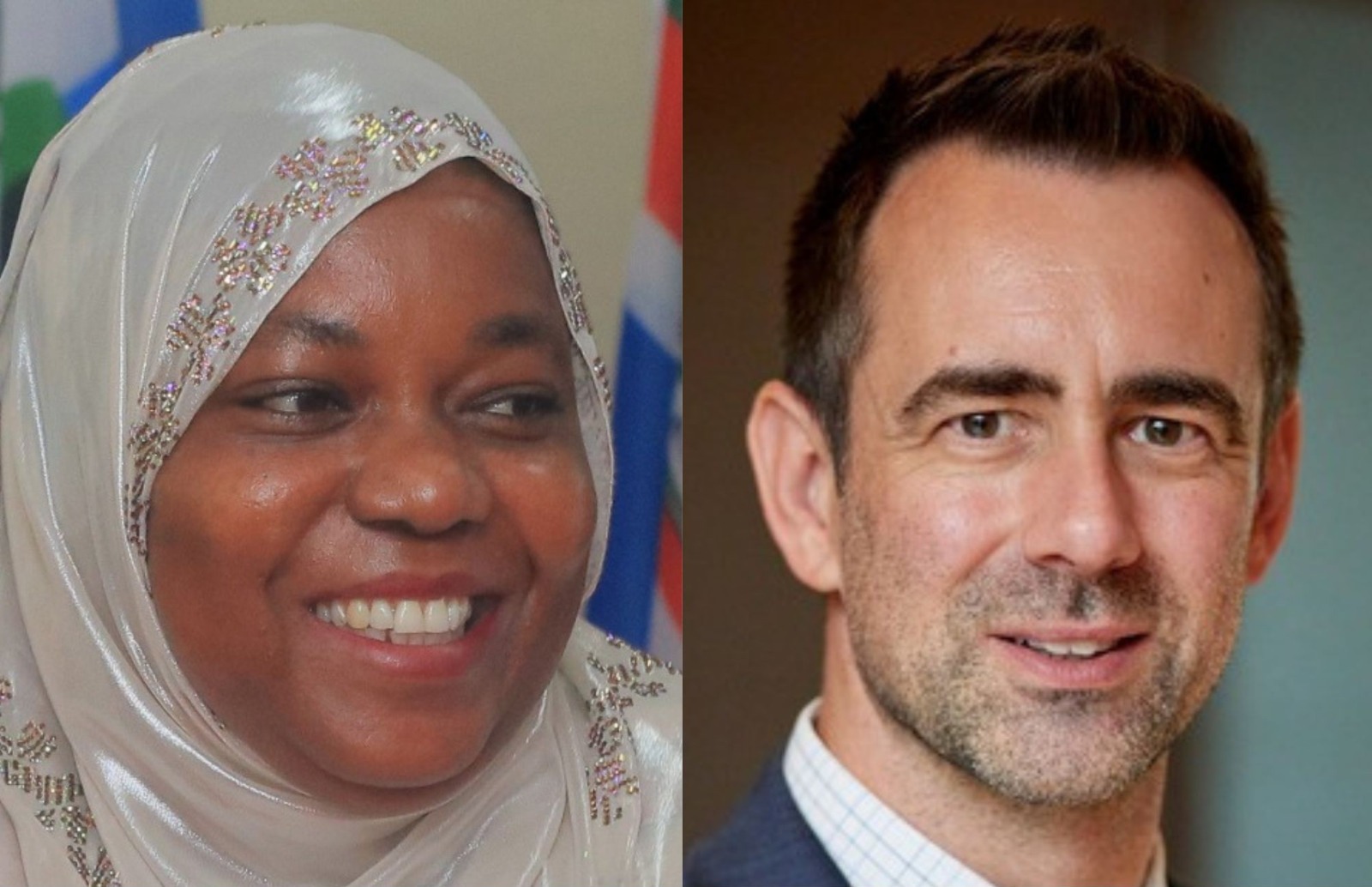

Barely a month into the year 2025, the world is failing its youngest children.
Despite decades of research showing that early childhood development
is crucial for individual and societal success, 350 million children still lack
access to basic childcare.
Statistics show that one in four five-year-olds has never experienced any form of pre-primary education.
This crisis demands urgent action, which is why Theirworld launched the Act for Early Years campaign calling for unprecedented investment in the early years.
But amid this global crisis, transformative solutions are emerging through local leadership.
In Kenya's Kwale County, we are witnessing how combining global advocacy with local action can create lasting change for young children and their families.
Through an innovative partnership between a global charity on early education to advance interests of children, Theirworld, a local children's foundation Fanikisha Foundation and the Kwale County government, we are demonstrating that progress is possible when political will meets practical support.
Kenya's progressive constitution empowers its 47 counties to lead on Early Childhood Education and Development (ECDE), creating opportunities for innovative approaches that respond to local needs while advancing national goals.
Kwale County has seized this opportunity, working with Theirworld through her partner Fanikisha Foundation to develop a pioneering early childhood Education and development law that aligns standards for how local governments can support their youngest citizens.
Serving as one of the most marginalized counties in Kenya in education, Kwale county has significantly invested in early learning to make it one of the most progressive counties.
From a county with countable Early Childhood Development and Education (ECDE) centres when early learning was devolved by a new constitution in 2010, the county now boasts of 920 such centres staffed by 917 professionals.
This is one of the key reasons that the county is above most with the best model on early childhood education in Kenya.
Unlike most counties where you find a few ECDE structures within primary schools, Kwale County has constructed model stand-alone ECDE centres which include 2 classes, an office, toilets for both boys and girls equipment for the children to engage in extra-curricular activities, a kitchen to prepare hot porridge, a 10k litters water tank to improve sanitation by providing children with clean water, a supply of books and writing material for all the learners.
This is giving early learners a sound foundation.
To enhance this even further, the county is in the process of
amending the 2016 ECDE legislation with
a view to having a new law-Kwale County ECDE Bill (Model Law)- as a model for
evidence-based early-year policies.
This ground-breaking legislation ensures universal access to quality early childhood services by children.
Once implemented, the law will help ensure more children enter primary school ready to learn, while enabling more parents to participate in the workforce with the confidence that their children are receiving quality care.
The legislation also serves as a model for other counties. By establishing clear standards, funding mechanisms and accountability measures, Kwale County is creating a blueprint for sustainable investment in the early years that other regions can adapt and implement.
The economic case for such investment is clear. Research shows that for every dollar invested in early childhood education and development can yield returns of up to $17, making it one of the most cost-effective approaches to breaking cycles of poverty and inequality.
This is why the Act for Early Years campaign is calling for at least $1 billion in new funding commitments from governments, international donors, businesses, and philanthropic organizations.
Kwale County's experience demonstrates how such investments have the potential to transform communities.
By prioritizing ECDE, the county is not just improving outcomes for individual children – it is building the foundation for sustainable economic growth and social progress.
This model shows how the Act for Early Years’ campaign's three catalytic goals – universal access to healthcare, quality preschool education, and family support – can be achieved through determined local action backed by global support.
Kwale County’s ambition offers valuable lessons for leaders across the world. It shows that progress is possible even in resource-constrained settings when political leadership prioritizes early childhood development.
It demonstrates how global advocacy can support local innovation. And it proves that investing in our youngest children is not just a moral imperative – it is a practical strategy for building stronger, more prosperous communities.
Theirworld is happy and excited about the work that’s being done in Kwale as an example to other governments not just in Kenya but throughout Africa and throughout the global community where they are also looking for best practice.
As Theirworld calls on
global leaders to commit $1 billion in new funding for early childhood Education
and development, Kwale County stands as a powerful example of what such
investment can achieve. We challenge other Kenyan counties – and local
governments around the world – to join this movement. The foundation for
sustainable development begins in the early years, and the time for action is
now.
Fatuma Achani is the Governor of Kwale County while Justin van Fleet is
the President of Theirworld, a global children's charity leading the Act for
Early Years campaign.


